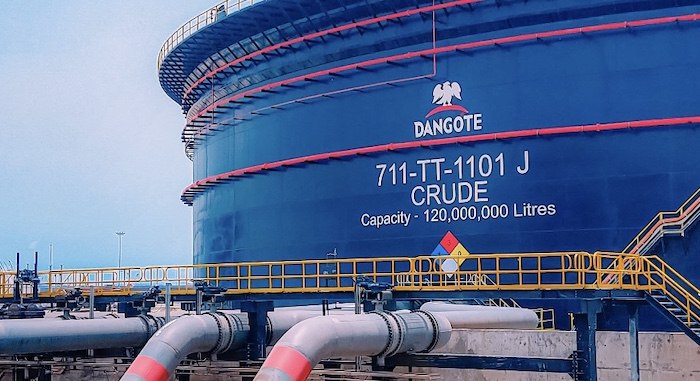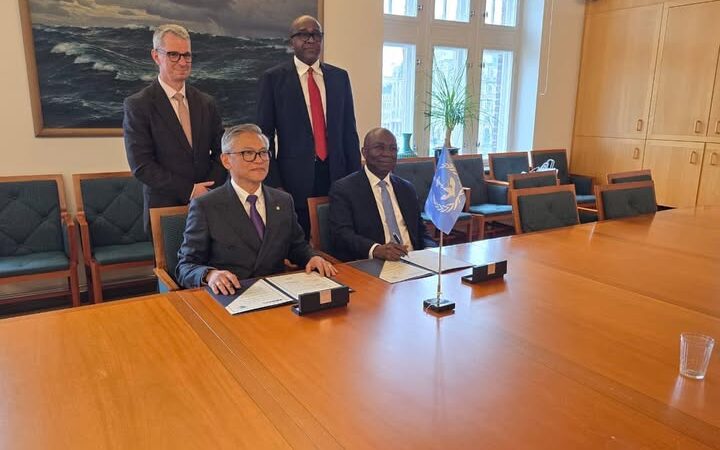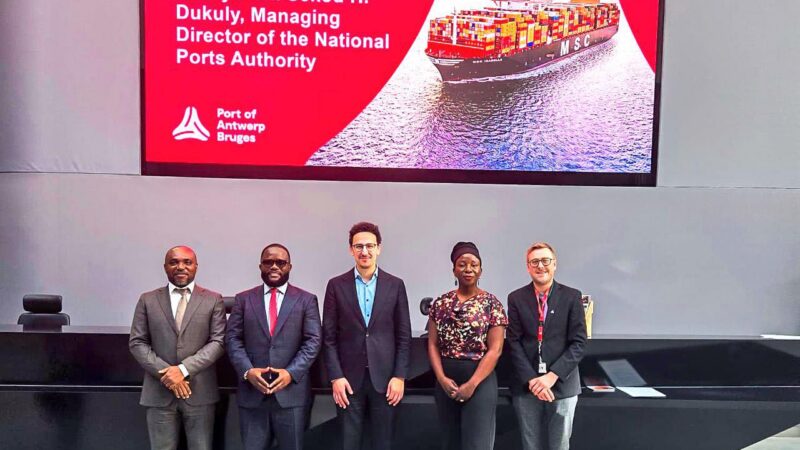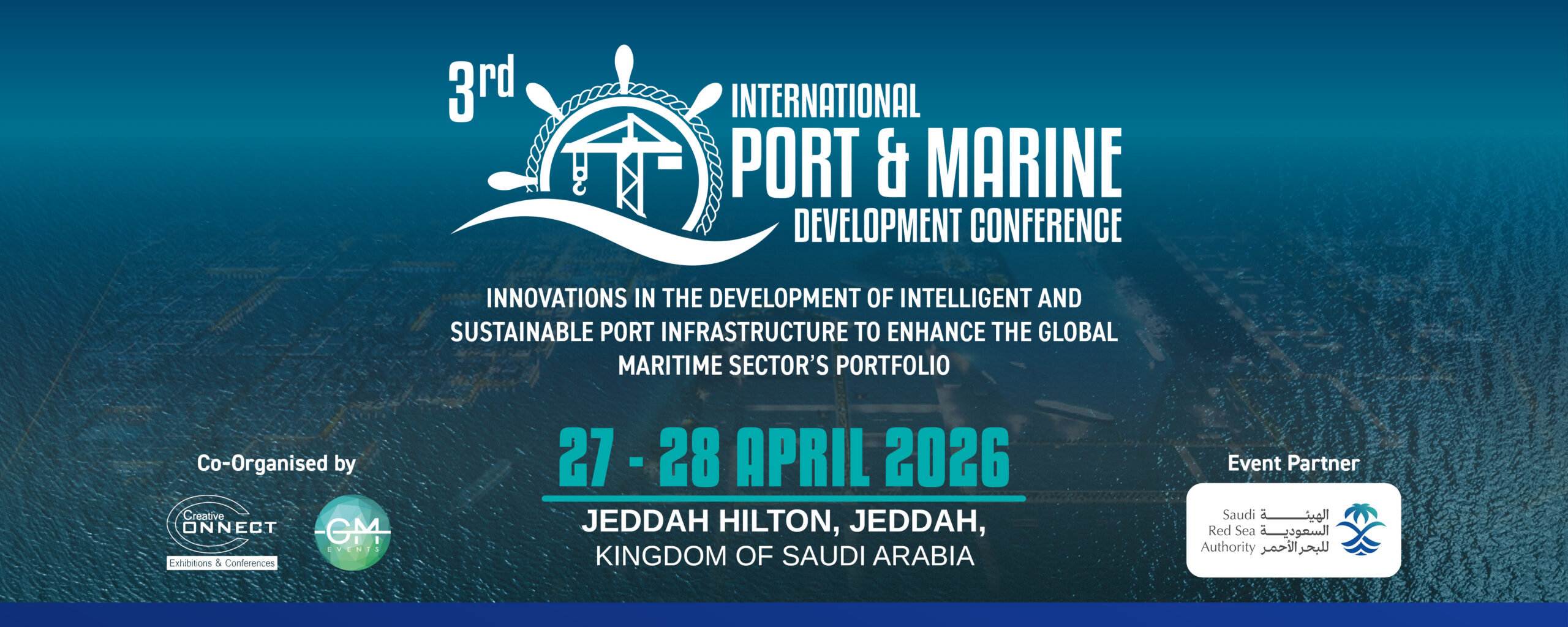Dangote Refinery’s Bold Gamble: 75% of Nigerian Fuel Soon to be Transported by Ship
The Dangote Refinery, recognized as the world’s largest single-train facility, faces a significant challenge: how to efficiently distribute its massive production without exacerbating Nigeria’s already critical road congestion and the high costs it entails? The answer lies in the intensive use of sea routes.
Thus, in a bold initiative aimed at transforming the distribution of petroleum products in Nigeria, the Dangote Refinery has announced its intention to transport 75% of its local production by sea. This strategic decision promises to reduce distribution costs and alleviate pressure on the country’s overburdened road infrastructure.
Devakumar Edwin, Vice President (Oil & Gas) at Dangote Industries Limited, told Arise News: “We have both sea and road export facilities. 75% of production can be evacuated by sea. In fact, we are now striving to reach even 100%.”
Multiple Advantages
This transition to maritime transport offers several significant advantages:
- Reduction in transportation costs: By avoiding expenses related to road transport (vehicle wear and tear, fuel, delays), the refinery can reduce its operational costs.
- Road decongestion: With a loading capacity of 40 tanker trucks in 40 minutes and up to 2,900 trucks per day, the shift to maritime transport will prevent massive congestion in the Lekki-Epe corridor.
- Improved regional access: Major destinations such as Warri, Port Harcourt, and Calabar will be served directly by sea, thus improving distribution across various regions of Nigeria.
- Operational flexibility: While prioritizing maritime transport, the refinery retains its road distribution capacity to meet urgent needs.
Impact on the Nigerian Economy
The Dangote Refinery, with its capacity of 650,000 barrels per day, brings hope for solving Nigeria’s chronic fuel shortage problems. By producing and distributing petroleum products locally, it could significantly reduce the country’s dependence on fuel imports.
Edwin emphasized: “We can avoid all road traffic congestion by evacuating by sea, which will also reduce the cost of transshipment.”
Challenges to Overcome
Despite general optimism, some energy analysts caution against overly high expectations in the short term. They point out that the impact of cost savings on pump prices may take time to materialize.
The adoption of maritime transport by the Dangote Refinery marks a turning point in the Nigerian oil industry. This innovative approach promises not only to optimize fuel distribution but also to help solve long-standing infrastructure problems. As Nigeria enters this new era of fuel distribution, the world watches with interest to see how this strategy will transform the country’s energy landscape.






